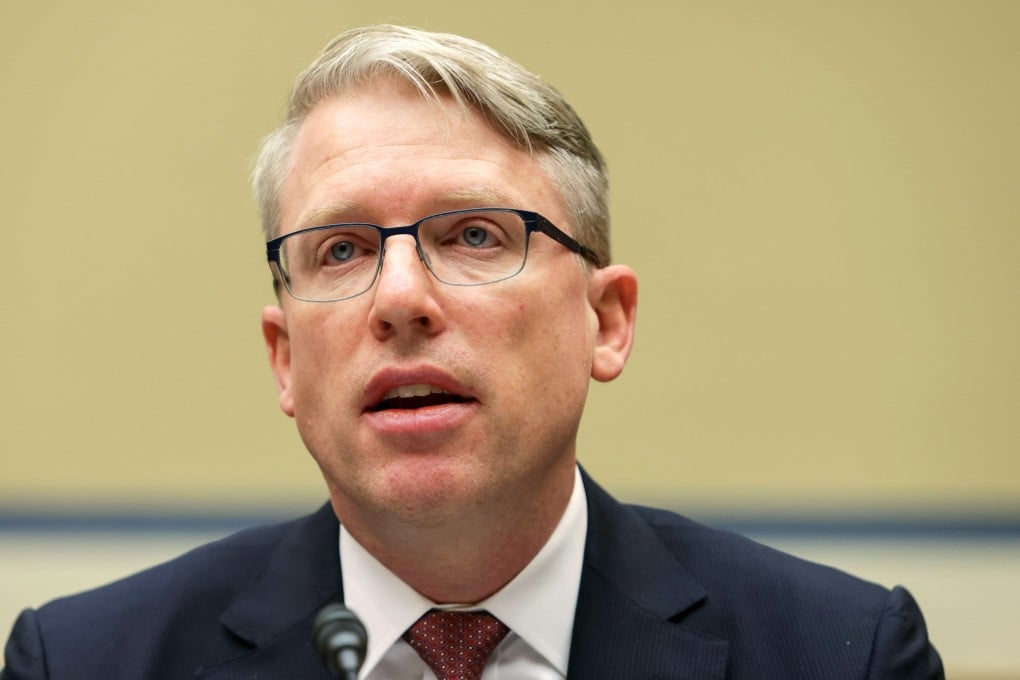Advertisement
Taiwan’s bigger military budget must go further to fend off mainland China, says US defence official
- US-Taiwan Defence Industry Conference told that island must leverage geography, advanced technology, workers and patriots for resilient defence
- David Helvey advises Taipei to invest in ‘large numbers of small capabilities’ to signal that invasion or an attack would not come without significant cost
Reading Time:3 minutes
Why you can trust SCMP
5

A senior US defence official has suggested that Taiwan’s efforts to raise its military budget are not enough to fend off Beijing’s military threat.
David Helvey, the US principal deputy assistant secretary of defence for Indo-Pacific security affairs, said Taiwan needed to buy a large number of small lethal capability weapons, such as coastal defence cruise missiles, and spend intelligently in its development of indigenous weapons to defend itself.
He made the comments on Tuesday during the closing of the two-day US-Taiwan Defence Industry Conference which was held online this year because of the coronavirus pandemic.
Advertisement
“We’re seeing the steps Taiwan is taking to bolster its self-defence – President Tsai [Ing-wen’s] cabinet proposed allocating an additional US$1.4 billion to next year’s defence budget,” Helvey said.
“These increases, while a step in the right direction, however, are insufficient to ensure that Taiwan can leverage its geography, advanced technology, workforce and patriotic population to channel Taiwan’s inherent advantages necessary for a resilient defence.”
Beijing sees Taiwan as part of its territory and has vowed to take control of the island, by force if necessary. It has stepped up pressure on the self-ruled island, such as sending warplanes into its air-defence identification zone (ADIZ). Last month, nearly 40 warplanes crossed the median line that separates the narrow strait between the island and the mainland.
Advertisement
Select Voice
Select Speed
1.00x